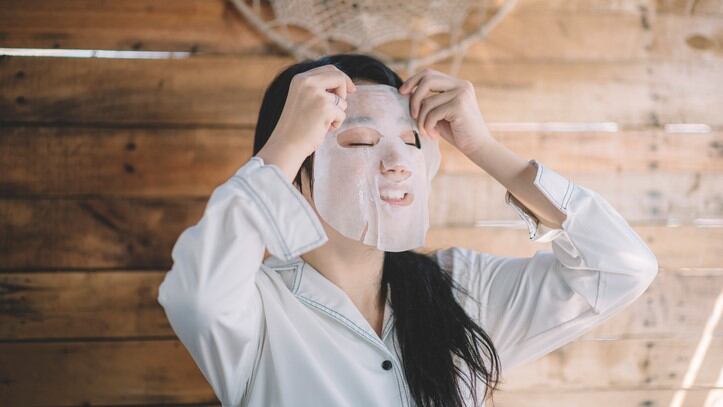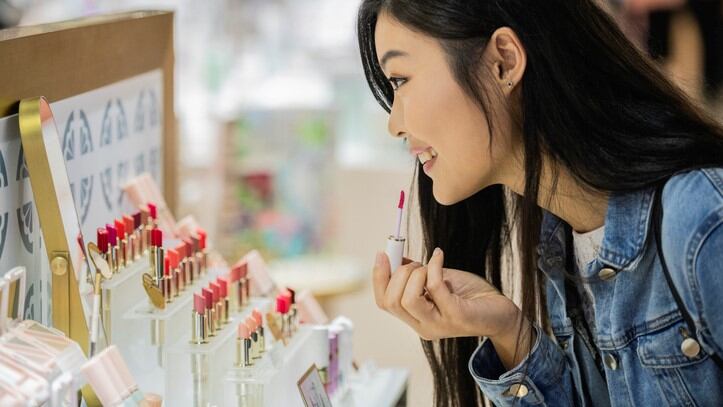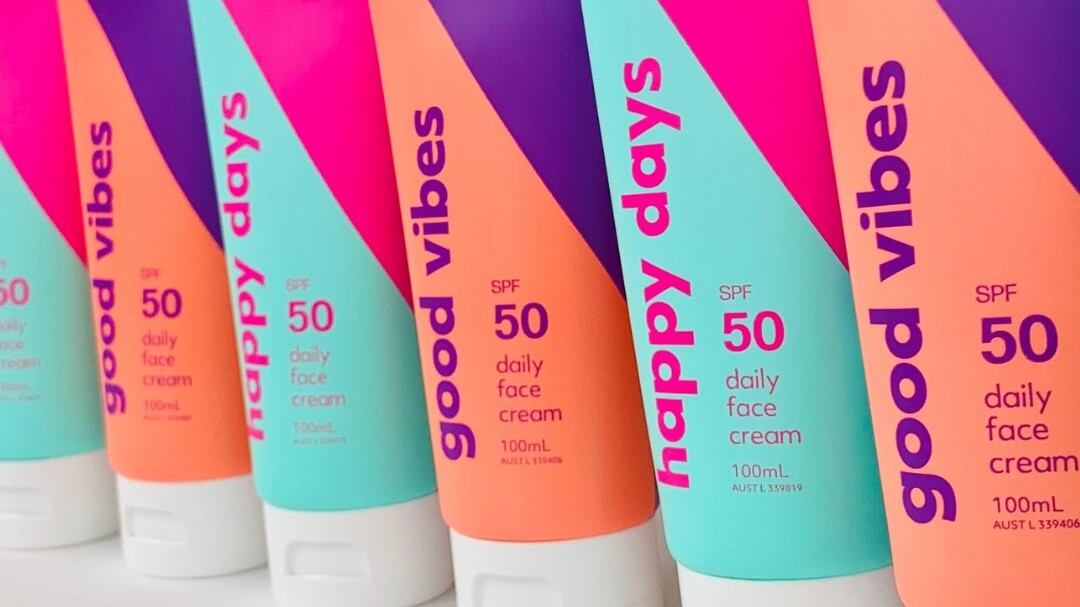As beauty consumers become more discerning, the multisensorial aspects of a cosmetic product have become equally important as their performance.
Texture, for instance, is one of the key sensorial elements of a cosmetic formulation and can subconsciously play a significant role in the perception of quality and efficacy.
Since the early days of the COVID-19 pandemic, the sensorial aspect of a product has become even more crucial as people turned to their personal care routines to find solace as well as replace the loss of human contact and tactility.
In 2020, the No.7 Beauty Company surveyed 20,000 consumers across UK, US and China and found that 75% of women agreed that beauty and personal care products have a positive impact on their mental wellbeing
The firm behind brands like Liz Earle and Your Good Skin reported that carving out ‘me-time’ and creating self-care rituals is becoming an increasingly important part of daily life.
For some it has even helped to counter some of the challenges of living through a pandemic, giving rise to the sensory beauty trend, which refers to products that are designed to help people escape from the troubling times.
“During the pandemic, most people were facing social isolation and there was a lot of talk about mental health. Suddenly, people wanted products that could give them that positive emotional boost,” said Cedric Toh, regional marketing manager (SEA, Australia and New Zealand), Dow Personal Care.
This was especially true in the beauty and personal care category, which has become inextricably linked to health and wellness.
Beauty and mind booster
To alleviate people of stress and frustration, the company came up with a relatively simple idea, a formulation with a cooling effect, to “boost the mind and body”, said Toh.
“We see this as a need in the market, especially now when people feel frustrated being isolated. We are already seeing formulations with cooling effects in high-end creams these days.”
He added that products with a cooling effect would be especially popular in tropical regions like South East Asia, where consumers struggle with heat and humidity on a daily basis.
Aside from refreshing products, Toh said cosmetic products that feature transforming texture are “here to stay” as they can increase the enjoyment of the beauty routine for the beauty consumer.
For instance, the company has recently launched a gel to cream dry oil that provides a smooth and light after-feel.
Just as important is that such sensory beauty and personal care products should be intuitive and easy to use.
In the last 18 months or so, we have also seen an acceleration of sustainable awareness among consumers, and this could impact some sensory enhancing products, said Toh.
“In the past, many of the high-performance sensory enhancers would be purely silicone derived. So, what we are trying to do is incorporate more eco-consciousness by changing some to plant-derived ingredients.”




